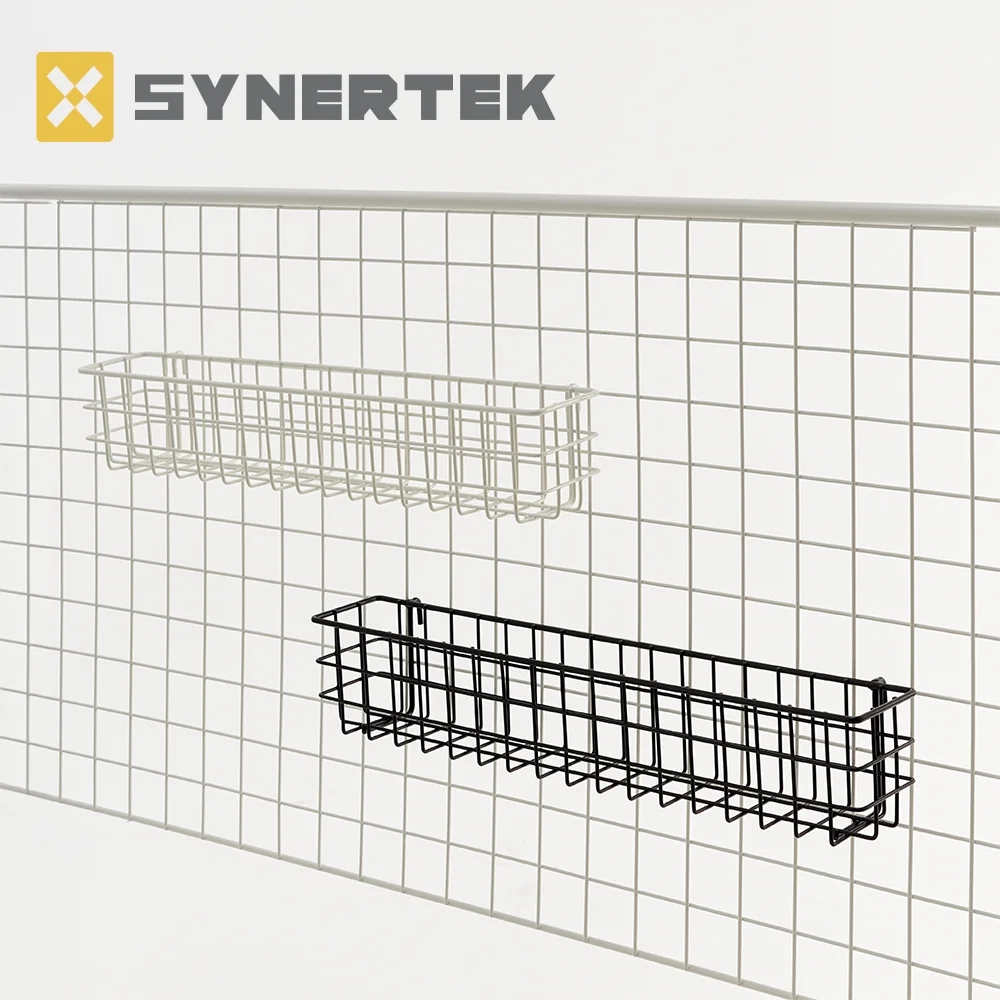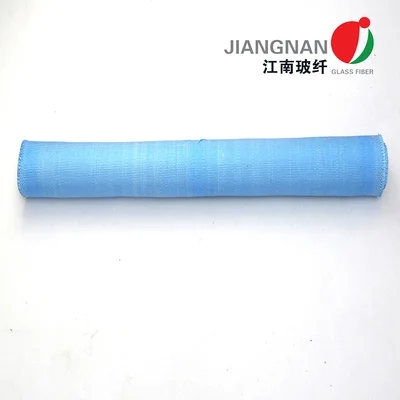When it comes to building a house or any structure, one of the most important decisions you will make is choosing the right wall material. The wall material you choose will determine the strength, durability, and overall appearance of your structure. In this article, we will explore the different types of standard wall materials and their pros and cons.
- Concrete
Concrete is one of the most popular wall materials used in construction. It is strong, durable, and fire-resistant. It is also resistant to pests and moisture. However, concrete is heavy and requires a lot of energy to produce. It is also prone to cracking and can be difficult to repair.
- Brick
Brick is another popular wall material. It is made from clay and is known for its durability and strength. It is also fire-resistant and provides good insulation. However, brick is expensive and requires skilled labor to install. It is also prone to cracking and can be difficult to repair.
- Wood
Wood is a popular wall material for its natural beauty and versatility. It is also easy to work with and is a good insulator. However, wood is prone to rotting, warping, and termite damage. It is also not fire-resistant and requires regular maintenance.
- Steel
Steel is a strong and durable wall material that is resistant to fire, pests, and moisture. It is also easy to work with and can be prefabricated off-site. However, steel is expensive and requires skilled labor to install. It is also prone to rusting and can be difficult to repair.
- Stone
Stone is a natural and durable wall material that is known for its beauty and strength. It is also fire-resistant and provides good insulation. However, stone is expensive and requires skilled labor to install. It is also heavy and can be difficult to work with.
In conclusion, choosing the right wall material for your structure depends on your budget, location, and personal preferences. Each material has its own pros and cons, and it is important to weigh them carefully before making a decision.







+ There are no comments
Add yours